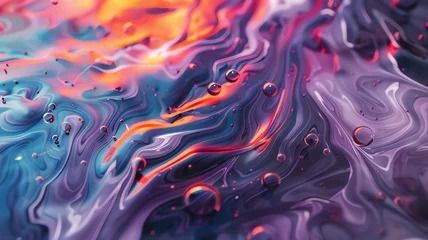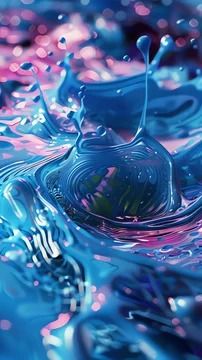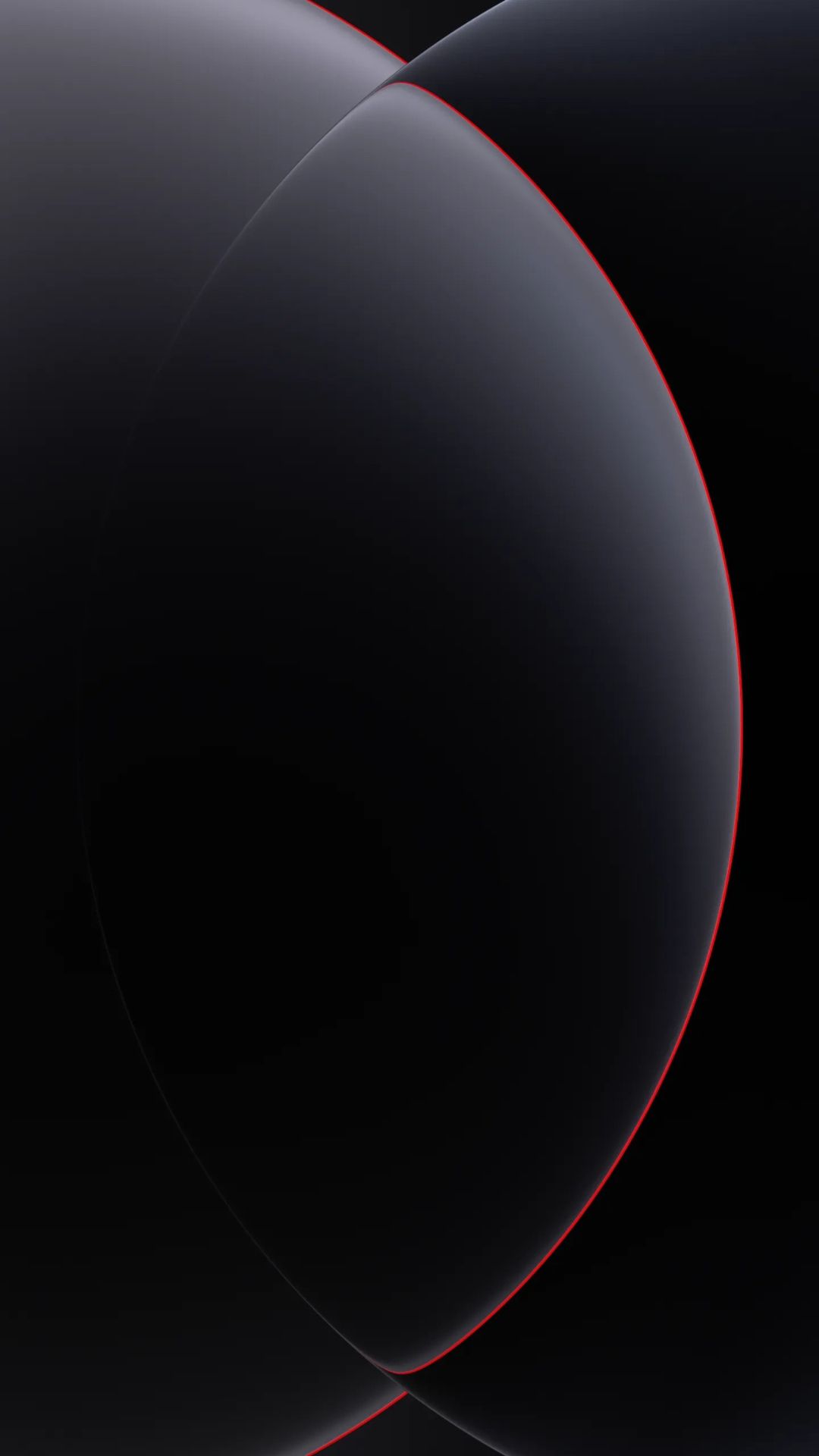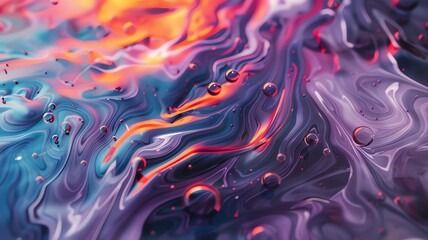Interview with an artist :Toyan Chen / Concept Art
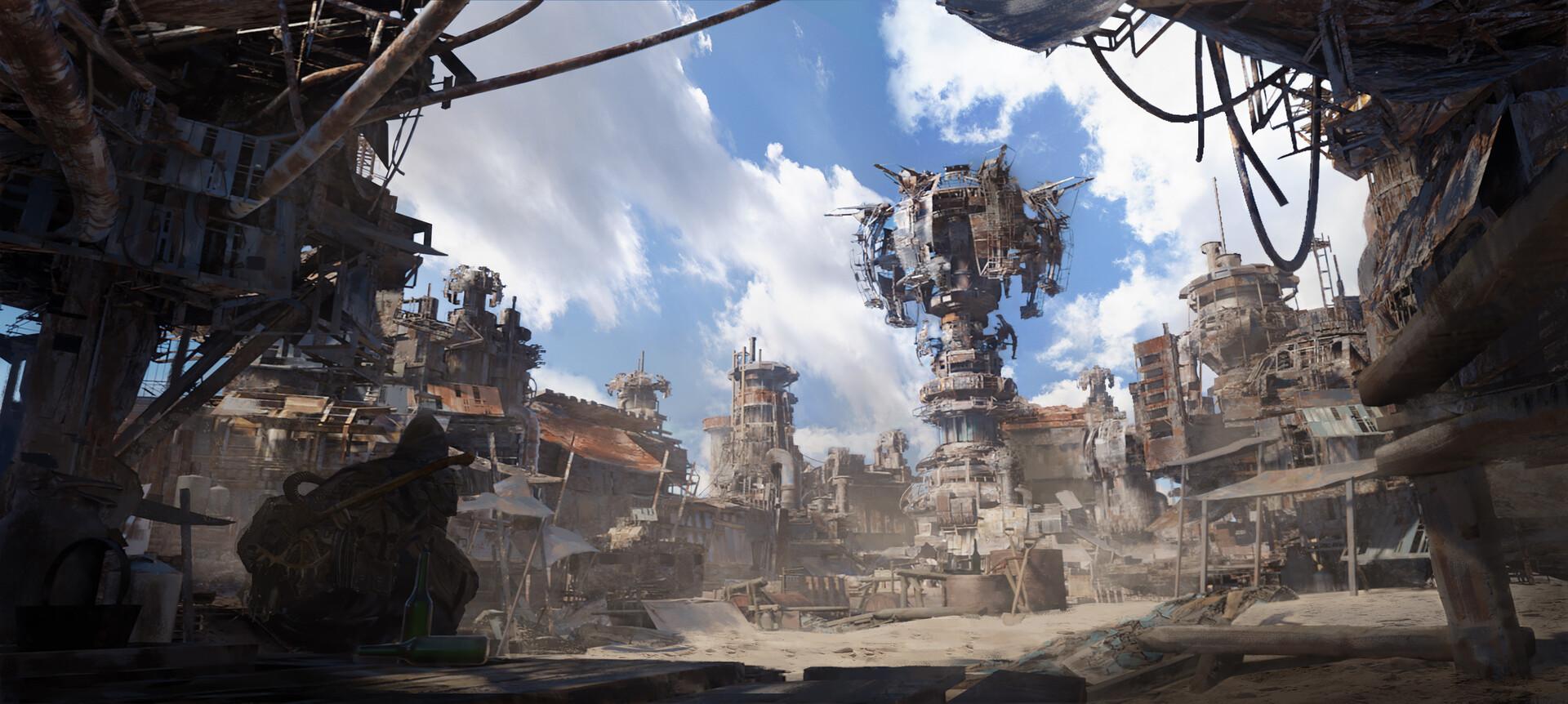
How did your journey into the world of concept art begin, and what
Motivated you to pursue it professionally?
A: I originally studied business management in university, but I felt pretty lost about my future. At some point, I met some friends from the design department, and that opened the door for me to explore the world of design. I started reading a lot of design books and eventually decided to pursue a master's degree in industrial design.
It wasn't until I was about to graduate that I attended a masterclass workshop on concept design — and that's when I first discovered that concept art was actually a profession! The idea of creating your own world and designing all kinds of interesting things really fascinated me. That was the moment I realized: this is what I want to do. So after I graduated, I dove straight into learning concept art.
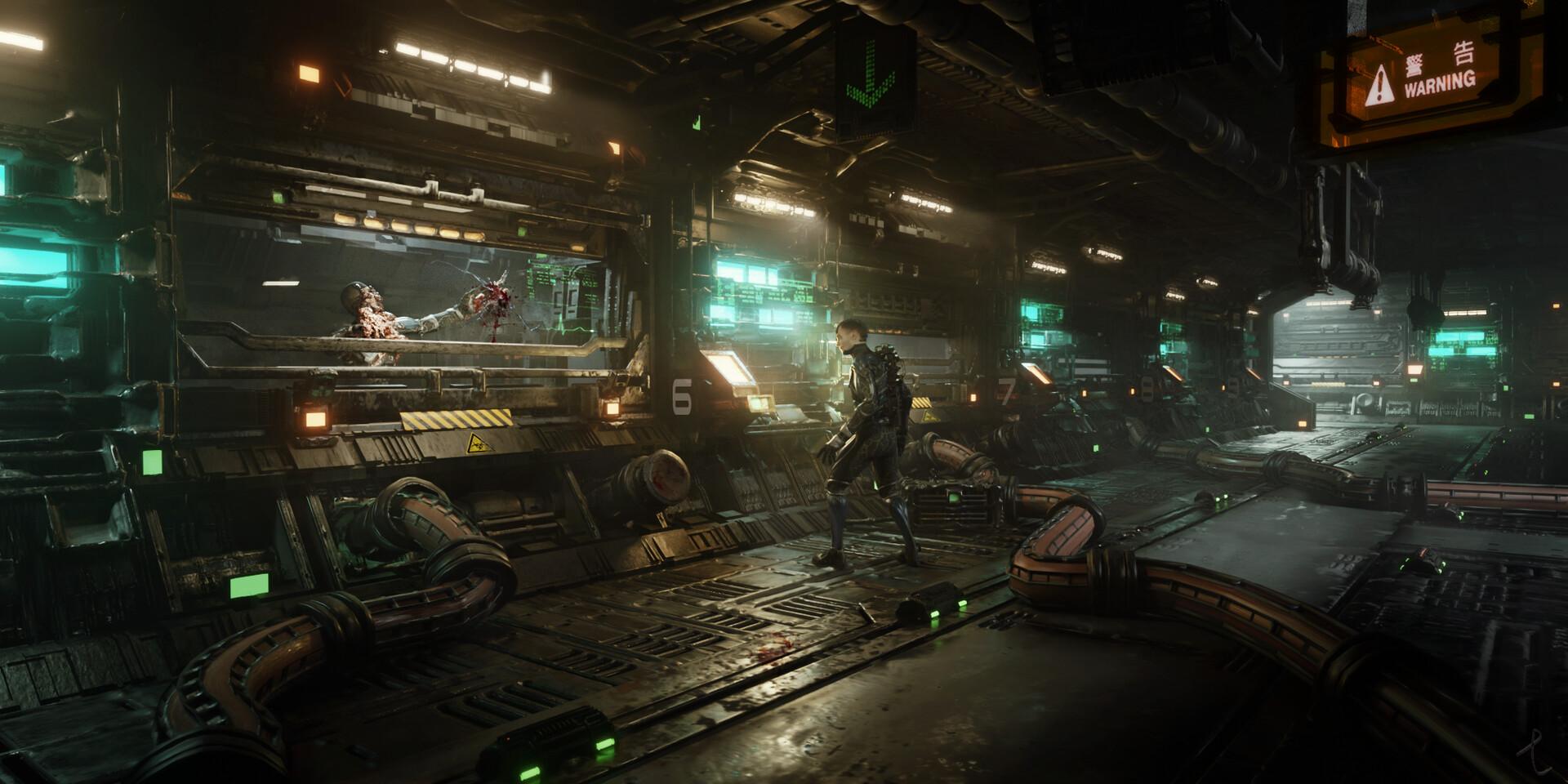
2.Your environments and characters often carry a strong narrative feel —
how do you approach storytelling through visual design?
A: I've loved watching movies since I was a kid, especially sci-fi films. I've always enjoyed imagining how different worlds work—what kind of stories or little details might exist in a certain space, and what kind of atmosphere that space would have. I get a lot of inspiration from those ideas. I also really like observing people and the small details of everyday life, which all help me build more believable and story-rich visuals.
3.What was the most creatively challenging project you've worked on,
and how did you overcome its difficulties?
A:One of the most challenging projects I've worked on involved designing an environment for a new game level that had to follow the previous game's setting—but without copying it. So basically, I had to create a new world and backstory that still felt connected to the original. I ended up spending a lot of time researching references and having constant discussions with the producer to make sure I was on the right track. I think the hardest part of any project is communication—making sure everyone's aligned on the direction. It's something I'm still learning to get better at.

4. In your opinion, what makes a concept piece stand out in today's highly
competitive art industry?
A:I think it's all about resonance. When something comes from your own real experiences, it's easier for others to feel a connection. Like if you take an object we use every day and redesign it in a really clever or fun way, or if someone outside the industry can look at your work and still feel the story or the personality in the design—that's when I feel the piece really works. I think it's important to look at ordinary things with a fresh perspective. And at the end of the day, the most important thing is doing something you genuinely love, because that's what drives you to keep learning and digging deeper.
5.Do you follow a structured workflow when starting a new piece, or is
your process more intuitive and fluid?
A:I usually start by quickly sketching ideas on paper—super rough stuff that probably only I can understand :) Then I explore different directions and look for inspiration along the way. Sometimes I'll use 3D or other tools depending on how I'm feeling. So yeah, my process is pretty loose and intuitive most of the time.
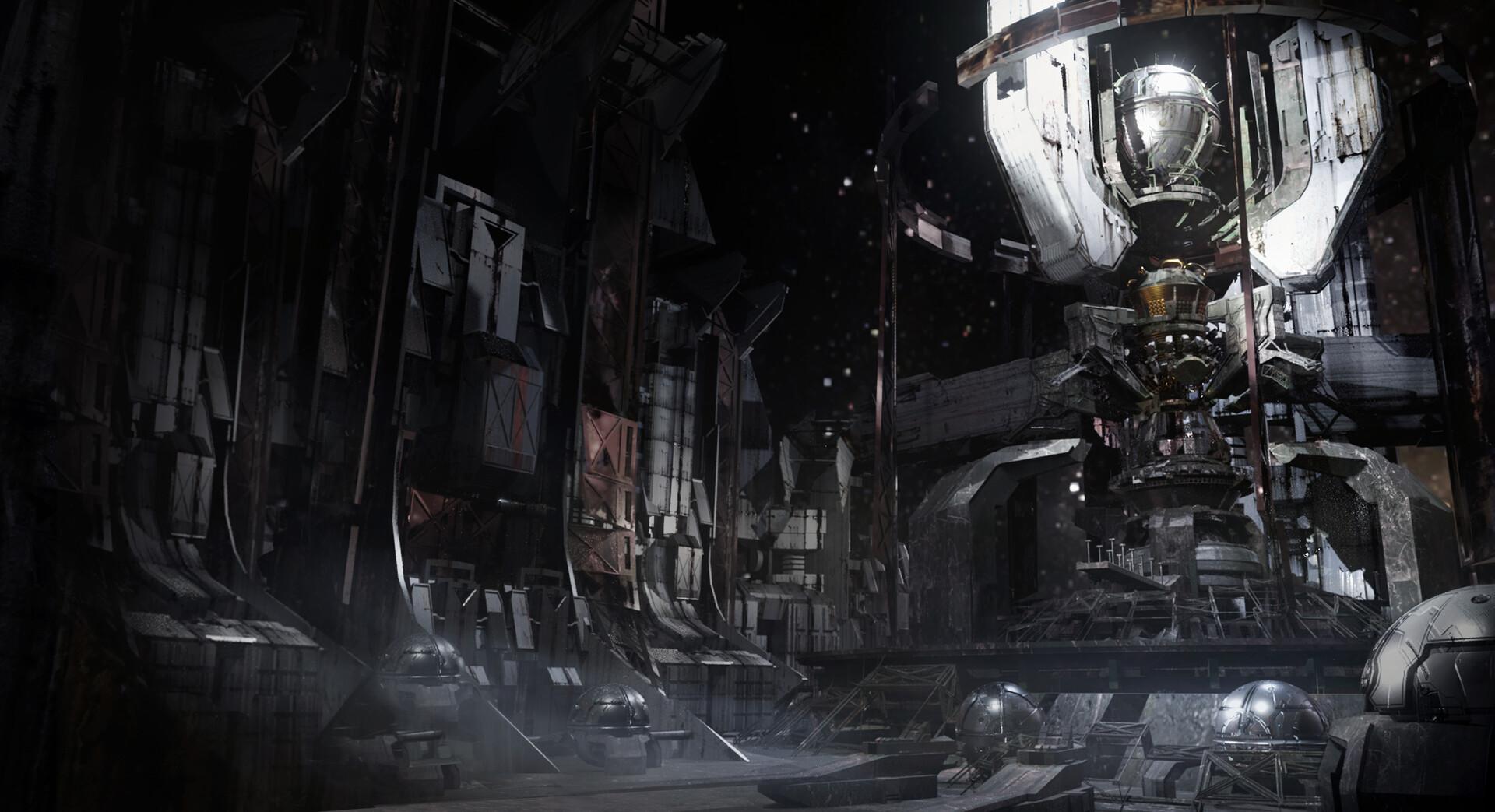
6.What kind of references or research do you usually dive into before
beginning a large-scale concept project?
A: I usually spend a lot of time researching the project's background—what kind of world is it set in? Is it cyberpunk, dieselpunk, or modern? What's the environment like, the level of technology, the materials, the human culture? I also study the core of the worldbuilding, the design language, the limitations... all to make sure I'm aligned with the overall direction of the project.
7.How do you stay motivated and inspired, especially during long-term
Projects or tight deadlines?
A: I think that's something every artist struggles with. When I start feeling stuck, I try to step away from drawing completely and do something else—spend time with family or friends, just live a little. I believe motivation and inspiration come from life and human connection. Drawing is a lifelong journey, and there's no need to burn yourself out too quickly.
8.Are there specific themes or visual motifs that you find yourself
Repeatedly drawn to in your personal works?
A: I really enjoy writing little stories about imaginary worlds in my spare time—especially dystopian ones. I'm a big fan of sci-fi and mystery, and I've definitely been influenced by horror sci-fi games and movies like Alien or Dead Space. I love that eerie, unsettling atmosphere where it feels like something could jump out at any moment. That kind of immersive and strange vibe is super fun to explore.
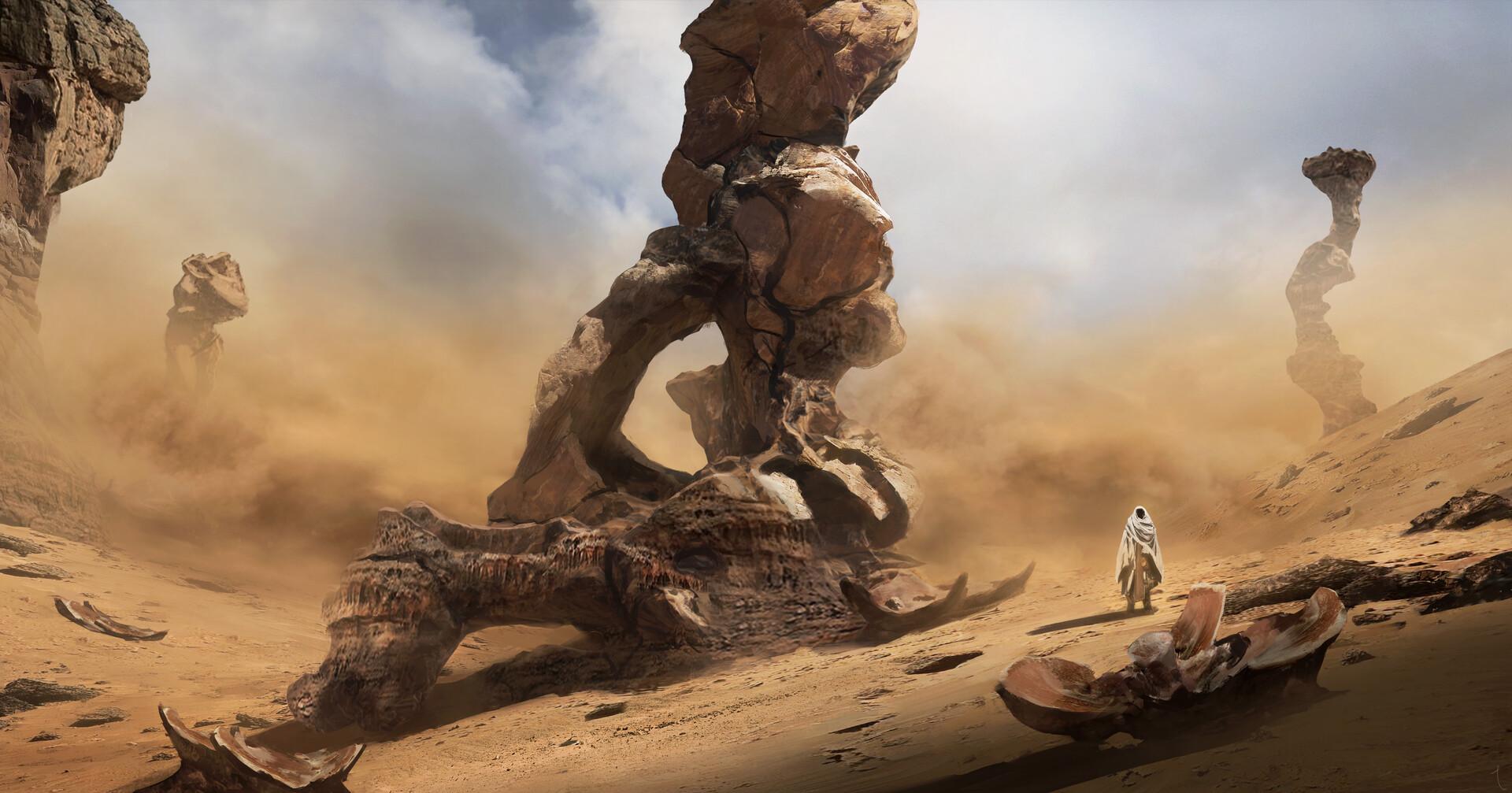
9.How do you think the field of concept art is evolving, especially with
the rise of AI-generated imagery and real-time rendering tools?
A: It's definitely a big shift. I know a lot of people feel anxious about AI possibly replacing jobs, and while I haven't used it that much myself, I do think it's a convenient tool. But more importantly, I think we need to keep focusing on strengthening our fundamentals and design thinking. AI can actually help you learn faster—but it's still up to you to make the decisions and drive the vision. As concept artists, we need to keep up with new technologies and explore innovative workflows rather than shutting them out
10.Finally, if you could collaborate with any studio, director, or game
franchise in the future, who or what would it be — and why?
A: When I first dreamed of becoming a concept artist, one of my goals was to work on a sci-fi movie or project. Something like Alien or Star Wars would be amazing—the scale of the worldbuilding and design is just incredible! Of course, there are tons of amazing projects out there I'd love to be a part of. One studio I'd especially like to work with is Arrowhead Game Studios. Their games are super fun and full of personality!





